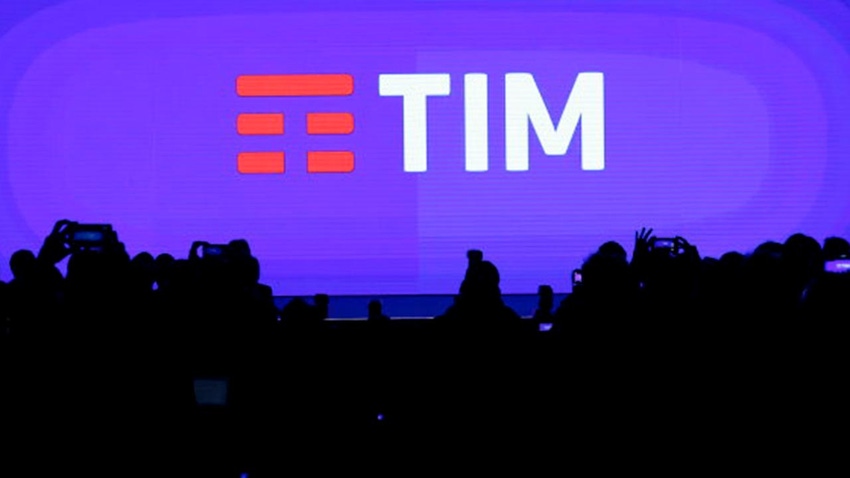TIM has reportedly reached agreement with workers unions that will enable it to shed as many as 1,200 jobs, a move that will help it to shave a significant sum from its domestic staffing costs.
June 8, 2022

TIM has reportedly reached agreement with workers unions that will enable it to shed as many as 1,200 jobs, a move that will help it to shave a significant sum from its domestic staffing costs.
The cuts will be made through a voluntary early retirement scheme, according to Reuters. They will form the first tranche of a broader job-reduction effort from the Italian incumbent, which is looking to make some sizeable cost-savings over the next few years, the newswire noting, adding that it had been unable to secure any comment from the telco itself.
Its sources claim that TIM inked a deal with various unions at a meeting on Tuesday, enabling it push on with the early retirement plan.
Like many of its European peers, TIM is at the mercy of significant staffing costs in its home market. Reuters cites a Moody’s report published last week as saying that the operator parted with as much as 27% of its total operating spending last year on staffing costs alone, which equates to 19% of revenue; TIM generated €15.3 billion in revenues last year, €12.5 billion of which was in Italy. While those kinds of figures are not wholly unusual in this industry, in a world in which telcos are increasingly competing with hyperscalers and more nimble tech firms, they have become unsustainable.
TIM had close to 52,000 staff at group level at the end of last year, of which 42,591 were based in Italy. Reductions at the kind of levels we are talking about – presumably the low thousands, given that this early retirement plan is being pitched as the first phase – will make some difference to those cost levels.
The telco’s current strategic plan sees it cutting baseline costs by up to 20% by 2024. Or, as it described it when it published the plan in March, the operator is aiming for “strong attention on cost savings in a framework of employment safeguarding,” which pretty much screams out job cuts…once we have the unions on board.
If Reuters’ report is correct, TIM may well have reached that point.
This is a time of flux for TIM’s employees in Italy, whether or not they take up the early retirement offer. It comes as the telco works towards its much-hyped separation plan, which will see it hive off its fixed network assets and carry out a fibre network merger with rival wholesaler Open Fiber. On that last point, TIM recently signed an MoU with KKR, which holds a 37.5% stake in its FiberCop fibre business, and with Open Fiber owners Macquarie and state-owned Cassa Depositi e Prestiti (CDP) – the latter being a TIM shareholder too – that will pave the way for the fibre merger.
Naturally, TIM’s networks entity will take a fair number of domestic employees when it is spun off. While that will not actually change the overall number of staff across the two businesses, it should give the operator greater opportunity to get its headcount under control.
And with competition in the Italian retail telecoms market showing little sign of easing to any meaningful degree, the incumbent will need all the help it can get.
Get the latest news straight to your inbox. Register for the Telecoms.com newsletter here.
About the Author(s)
You May Also Like








.png?width=300&auto=webp&quality=80&disable=upscale)


_1.jpg?width=300&auto=webp&quality=80&disable=upscale)


.png?width=800&auto=webp&quality=80&disable=upscale)